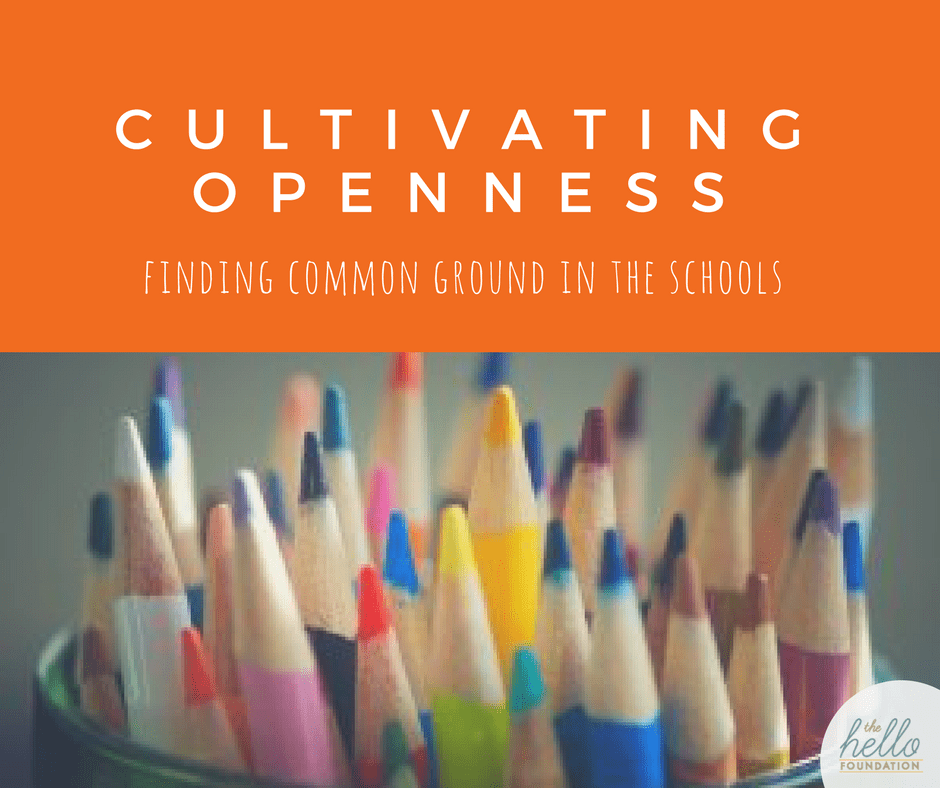The back to school season is treasured for the opportunity to start fresh — either at a new school, with new students, or simply with a new schedule after summer break. But along with this opportunity comes the responsibility to set a tone that will serve you and your community all year long. As I headed back to school this week, I thought carefully about this as I met new teachers and administrators and introduced myself and my services to new parents. What is the image I am portraying? Am I really refraining from judgment, cultivating openness, and embracing difference in a way that will support the services I aim to provide? Can I acknowledge the ways my background and culture might differ, and at the same time create a space where I can learn from those who are different from me?

Cultural Humility
I listened to ASHA’s July CEU on Professional Diversity and heard with new ears the claim that we all stereotype — as do our clients and parents that we meet — making decisions about each other within moments of meeting. Dr. Riquelme does not reprimand us for stereotyping, but instead encourages “cultural humility”. Being culturally humble involves reflecting on the cultural baggage I bring to the table and seeking out a better understanding of the cultural pieces that are going to influence the client’s participation in the process.
Cultural humility is a more obvious hurdle when I am working with families that look different from me, or who speak a different language or even dialect of English than I do. However, culture is broader than that, and there may be important differences in families that look similar to mine on the surface. These cultural pieces are important for the success of our therapy. Understanding them impacts diagnostics (can we get all the info?), treatment planning (is the plan culturally appropriate?), and even compliance (why should they believe me? Why should they follow my recommendations?).
Common Ground
To add to my thinking on cultural humility, I heard a lecture this summer by Eboo Patel, Founder and President of Interfaith Youth Core. His lecture focused specifically on religious diversity and finding common ground even among groups with whom you may have fundamental disagreements. He encourages us to start with what we have in common, and for an SLP in the schools, that’s easy: it’s the kids. Coming to the table with parents or teachers or administrators means listening and remembering my own cultural humility, and finding common ground in our desire for every child to succeed.
All this has been on my mind this week as I headed back to school. It is rare for differences with a family or coworker to seem truly insurmountable, but it is very common for me to work with families who have life experiences and backgrounds that are significantly different from mine. How much more could we accomplish together if I acknowledged and explored these differences instead of pretending they don’t exist? What honest questions can I ask to better understand their child, and make sure that the goals and strategies I design are meaningful and appropriate? We may serve the whole rainbow of social, economic, and ethnic diversity in schools, and remembering our place in the journey of each child’s communication development makes for an empowered plot of common ground between us.





